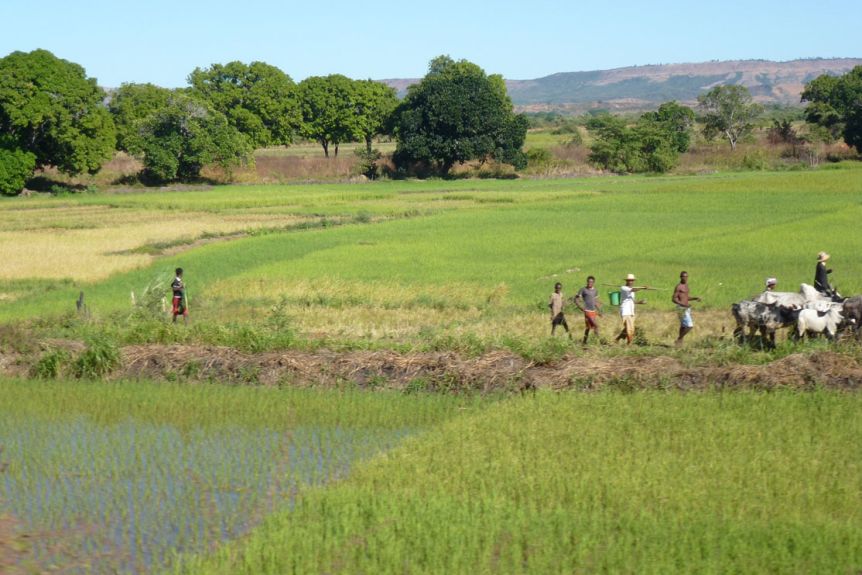UQ archaeologist unlocks ancient migration secrets
University of Queensland archaeologist Dr Alison Crowther is using her Australian Research Council Future Fellowship to investigate how cross-cultural interaction transformed peoples, societies and environments in the Indian Ocean.
Dr Crowther’s research utilises ancient DNA as archaeological evidence to trace the movement of people, plants, animals, goods and practices to Madagascar and the Comoros over 1000 years ago.
She will then be able to critically assess evidence of early long-distance contacts between Southeast Asia and Africa.
Dr Crowther said it is a significant project that will enhance Australia’s capacity for archaeological science and deliver significant social and cultural benefits.
“The project will shed light on the history of the diverse but interconnected Indo-Pacific world,” she said.
"The artefacts that people left behind, that they accidently burnt and threw out, or their scraps that were leftover, will help us to solve what has been a very long-standing mystery in the history of the Indian Ocean.”
Senior Research Fellow in UQ’s School of Social Science, Dr Crowther was also a Group Leader in Archaeobotany at the Max Planck Institute for the History of Human Science (2017–2020).
Her contribution to the Comoros Origins Project has led her group to reveal never seen before data around the origins and lifeways of the earliest settlers of the Comoros archipelago, a chain of small stepping-stone islands that link mainland East Africa with Madagascar.
Her ground-breaking research has showed that the Comoros were settled by humans around the 8th century CE, by not only humans from Africa but by people from island Southeast Asia.
This migration is seen as part of the same maritime expansion that contributed to the peopling of Madagascar.
Dr Crowther’s research in the Comoros continues her previous work in palaeogenetics; revealing even more secrets of the ancient world.

Senior Research Fellow
School of Social Science
